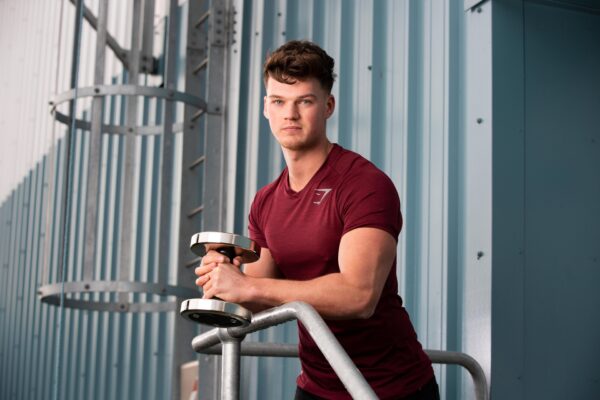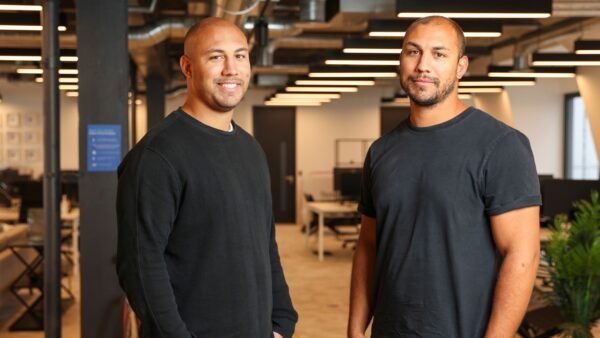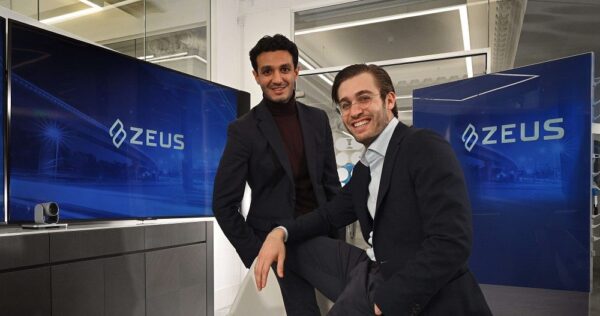
Britain’s Youngest Entrepreneurs – And What You Can Learn From Their Strategies!

They say it’s not what you know, but who you know – though some of Britain’s youngest and most successful entrepreneurs are likely to dispute that fact, building business empires on grit, determination, and meticulous planning.
Thanks to the internet, budding entrepreneurs face far fewer barriers to building a successful empire. Nowadays, one can run a startup out of a garage or a spare room, saving on overheads and using online facilities to grow quickly.
Here, the commercial finance experts at Anglo Scottish Finance take a look at some of Britain’s best and brightest, revealing how they made it to the top and what we can learn from their successes.
Grace Beverley

The success story of fitness queen Grace Beverley demonstrates the importance of proper planning, particularly in the early days of your venture. First coming to prominence as a fitness influencer, under the name GraceFitUK, Beverley paired university life at Oxford with YouTubing – whilst also founding two brands to fill gaps in the fitness market.
Whilst still in university, she identified some crucial gaps in the fitness market and capitalised on them. She founded Shreddy, a meal-planning platform, in 2016, followed by TALA, a sustainable activewear brand, in 2019.
By setting aside weekly time in a busy university schedule to bulk-create organic social content, she was able to consistently build and manage her brands. This commitment led to her topping Forbes’ 30 Under 30 for retail and e-commerce aged just 23.
Beverley says: “I juggled a lot at university and made sure to schedule and plan each and every day. That’s very much how I do things today.” Her planning system, the Productivity Method, is being used by people all around the world.
Ben Francis

Chances are, you’ve heard of Gymshark founder Ben Francis’ meteoric rise to the top. Having founded the activewear brand in 2012 aged just 19, Francis has retained a 70% stake in the company, which is now worth more than $700 million.
In the early days, Francis’ parents’ garage doubled as Gymshark’s headquarters. Without the initial funds to buy stock or secure distribution, his shrewd practice of dropshipping – taking customer orders without holding stock and then sending products directly to the customer via a third party – allowed him to start the business with limited working capital.
Francis began making the clothes himself with a sewing machine and screen printer, working with what he had to get the business off the ground. If there’s one thing we can learn from Gymshark’s early operating practices, it’s to do the best you can with what you’ve got – and the pros of working from a garage meant no early overheads!
Francis’ number one bit of advice? “Bet on yourself.”
Alexander and Oliver Kent-Braham

The brains behind game-changing Marshmallow insurance are brothers Alexander and Oliver Kent-Braham. The brothers found that people who pass their driving test outside of the UK face sky-high premiums – and other communities such as young people and those with low credit scores were dealing with the same problems.
After devising an algorithm designed to lower premiums for immigrants and expats, Marshmallow was born. In 2021, the company reached “unicorn” status –achieving a valuation of $1bn (£727m).
Oliver comments: “If we were going to start again, we’d look to raise capital sooner, because before you raise capital you don’t have the confidence to take the next step.”
Clemente Theotokis and Jai Kanwar

Theotokis and Kanwar are the joint-Managing Directors behind Zeus Labs, a freight and supply chain management platform taking aim at the inefficiencies plaguing international shippers. The pair developed their tech-driven solution in response to the unique set of challenges and circumstances facing international freighters in 2022.
Using proprietary tech, renewable diesel and managed multimodal solutions, Zeus Labs has reduced companies’ carbon emissions by 84%. In today’s world, where the average consumer is well aware of greenwashing, their solution has enabled businesses to legitimately improve their sustainability practices.
Zeus Labs ranks number 28 in the Startups 100 Index, and Theotokis and Kanwar were the joint recipients of the Young Entrepreneur of the Year Award.
For the two young founders of Zeus Labs, their early success is just as attributable to the user experience as the strength of their concept – “we make the lives of shippers and haulers easier with a near zero-touch approach. Our platform is intuitive and secure, providing a completely stress-free user experience.” In short, make your customers’ lives easier, and you’re likely to win.
Sean and Charlotte Ali

You might have seen Sean and Charlotte Ali on Dragon’s Den, where their superfood business Rheal secured investment from two of the Dragons. Two years on, the company has seen huge success, opting for a crowdfunding campaign instead of external investment to boost growth, and expanding into a larger space, doubling stock capacity.
Part and parcel of Rheal’s appeal is that it’s…well, real. There’s an authenticity to the brand, helped in part by the owners’ openness about their previous health conditions – Charlotte with Coeliac Disease and Sean with Hodgkin’s Lymphoma.
Nutrient-rich superfoods helped both Charlotte and Sean on their road to recovery – providing the perfect case studies for the business. Their story has helped ground the business in legitimate nutrition, in a sector which is often plagued by businesses making unsupported claims that their product can alleviate any health condition.
Rheal’s story shows how important the face of your business can be – it’s easy to rally around a business with charismatic people and personal experiences at its forefront. The nutritional quality of Rheal products is hard to deny, but it’s the company’s founders themselves who have helped this business stand out from the crowd.
If you’re thinking about starting your own company, consider some of these successful business models to take your idea to the next level!













































